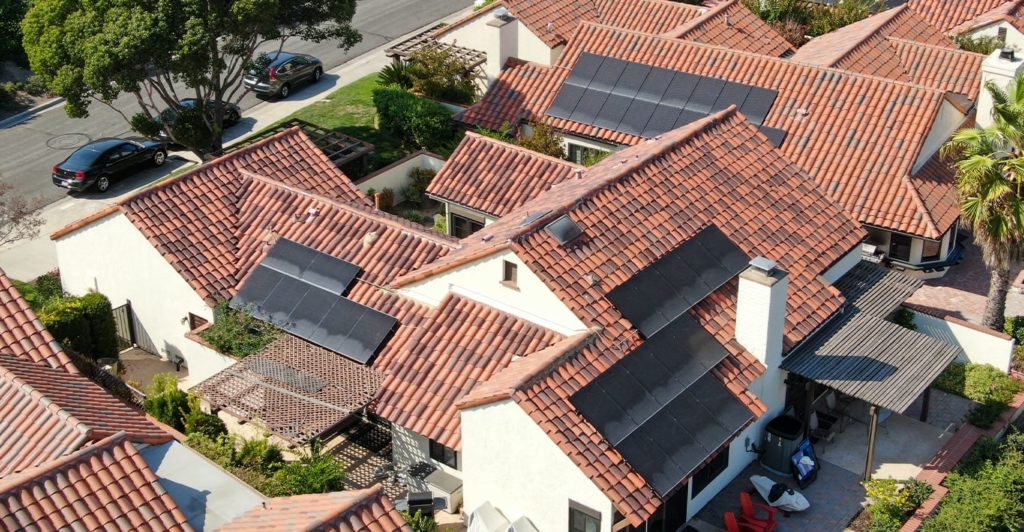Experts predict that the price of powering your home with batteries will fall rapidly in the coming years because the price of batteries is expected to decline dramatically. The price of EV batteries such as those that power Teslas have fallen 80% in the last five years, why wouldn’t home batteries follow suit? Why the price of home batteries is expected to fall:
Battery manufacturing is gearing up. Manufacturers including Tesla and Panasonic have been building giant battery factories. These new factories are expected to come online within a year or two. A large factory can take advantage of economies of scale. The larger the quantity of any item you manufacture, the less it costs to manufacture each item.

Used EV batteries can be recycled into home batteries
EV batteries have a warranty lifespan of about 10 years. They lose charge capacity and become too worn out to power a vehicle. But those batteries still have many useful years of life left if you use them to power a home. As worn-out EV batteries become available, there will be greater availability of cheap batteries for powering a home. According to Mckinsey and Company, demand for EV batteries will result in terawatts of batteries that are still useful, just not for electric cars.
Why reused EV batteries deserve a second life as home batteries
Powering an EV is tough on lithium-ion batteries. They are subject to temperature extremes. EV batteries are constantly charged and discharged while the car is being driven. All those charge/discharge cycles add up!
According to the Mckinsey and Company report: EV performance standards typically require batteries to maintain 80 percent of total usable capacity and a resting self-discharge rate of around 5 percent for 24-hours. The report suggests that this gives EV batteries life of 5 – 10 years.
But those batteries have many years of life left in them if you use them to power a much less challenging thing, a home. Used EV batteries that no longer meet the requirements of powering a vehicle still have close to 80% of useful life left. The Mckinsey report estimates that there could be as much as 200 gigawatt-hours of used battery storage capacity available by 2030.
Recycled batteries are cheaper than new batteries
Combine the falling cost of new batteries with the fact that recycled batteries are even cheaper and the result could be that batteries follow the price dropping trend that solar panels followed. According to the Rocky Mountain Institute “Storage is kind of 10 years from where PV (solar) is today, It’s along that same trend, and there are constant innovations being made.” With any amount of luck, the day that you pay your last electric bill may come sooner than you think.
